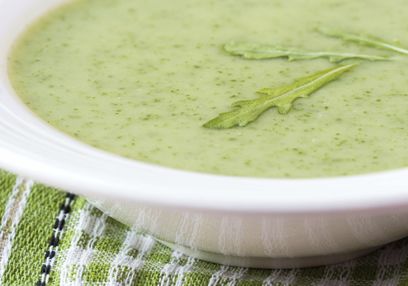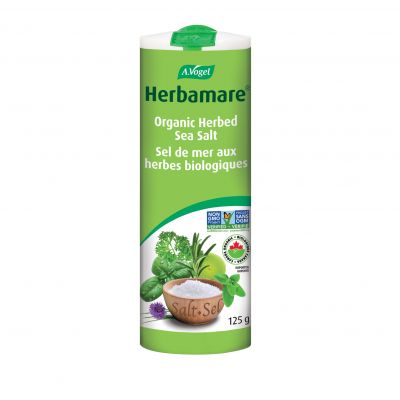Given that eventuality, you have a choice to make: adopt the means to lower the impact of your monthly hormonal fluctuations or simply “sweat it out” and console your loved ones…
PMS symptoms affect 75% to 80% of women to various extents, starting at puberty and continuing all the way up to menopause. However, a very few very lucky women experience no symptoms at all. At the other end of the spectrum, 3% to 5% of women suffer from dysphoric premenstrual syndrome (DPMS), a form of PMS so severe their lives are turned upside down for a week every month. This problem, still controversial and often undiagnosed, tends to affect women over 30.
Regardless of the intensity and symptoms of your PMS, chances are you’ll find them getting stronger as you head toward your forties. Why? Because hormones fluctuate more and more as you approach premenopause. That isn’t to say that there’s nothing you can do about it and that your loved ones will just have to resign themselves to it. By controlling the factors that influence the intensity of your symptoms, PMS could even become a trivial matter. Consider instead welcoming your forties with your head held high, with lots of energy and a happy heart.
So what are these happiness factors?
Before tackling them, you need to understand that estrogen and progesterone fluctuations affect serotonin, a neurotransmitter that affects your mood. That being said, the goal is to avoid conditions that overexcite mood-influencing factors.
- Stress alone is enough to provoke mood swings and depressive moods and, unfortunately, many women aren’t even aware of all the stress they’re exposed to. In their early forties, many women work full time, care for their children and manage a home. Not to mention the sometimes failing health of their parents, which can be a huge worry. Take time to stop running around like a headless chicken and think about yourself a little and, above all, learn how to manage your stress.
- Often overlooked, magnesium provides energy and helps us fend off stress. A lack of magnesium can cause a sense of physical and mental fatigue, and worsen PMS-related mood disorders. It’s easy to include magnesium-rich foods in your meals—spinach, Swiss chard, pumpkin seeds, soy, pulses—or take a supplement.
- The impact food has on our mood isn’t always obvious. Foods rich in refined sugars and caffeine cause major blood glucose fluctuations and, consequently, mood swings. It’s better to choose complex carbohydrates that provide energy over longer periods—whole grains, vegetables, nuts and pulses. If you experience bloating every time PMS returns, it’s because your intestinal flora doesn’t handle your food choices well, which in turn affects your hormonal balance.
- The liver. One of its functions is to deactivate hormones once they’ve accomplished their mission. Sometimes, when it’s overburdened by its many jobs—digestion, absorption and detoxification—it doesn’t work effectively, causing overly intense hormonal fluctuations. Taking care of your liver will help stabilize your hormones and, in turn, your mood. A healthy diet is the best way to protect your liver. Medicinal plants like milk thistle and artichoke can also support effective liver function.
- Inactivity causes fatigue and lethargy, which does nothing to improve mood. Just playing a sport, or simply exercising 20 to 30 minutes a day, will greatly contribute to your happiness. A study has demonstrated that regular exercise is an effective treatment for PMS. In fact, it’s just as effective as antidepressant medications at improving mood in people suffering from light to moderate depression. General aerobic exercise, such as taking a brisk walk, is more than sufficient and can easily be worked into even the busiest of schedules.
After a while, stress-management advice all starts to sound the same—watch what you eat, take time for yourself, exercise—but there’s a great deal of truth to it. This trio creates a kind of beneficial perpetual motion machine: Eating well and being active reduces stress; you feel better and more relaxed; you feel like exercising and eating better even more; and so on…
Once the wheels are in motion, PMS loses its fearsome side, and everyone’s happy! You might even get your whole family on board with your new lifestyle so you won’t be the only one in a good mood.
References
Iran J Nurs Midwifery Res. 2013 Jan-Feb; 18(1):14-19
http://www.health.harvard.edu/mind-and-mood/exercise-and-depression-report-excerpt







